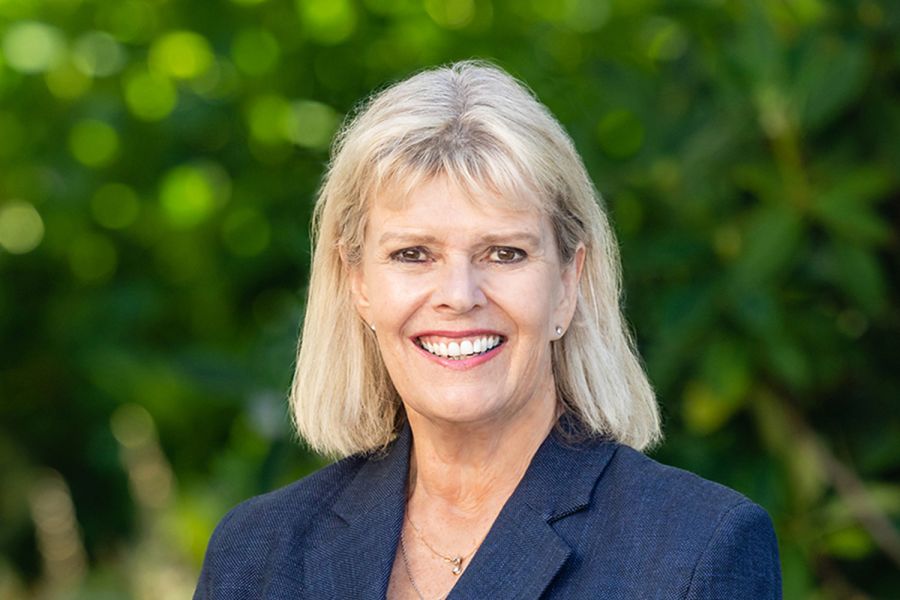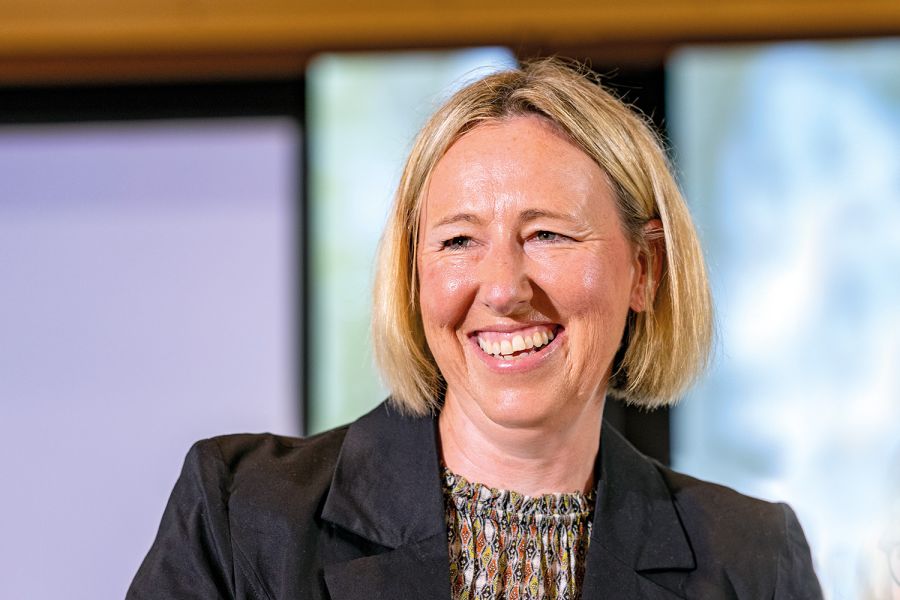Science Club enriches students’ learning
3 December 2024

REGULUS // ISSUE 3 // NOVEMBER 2024
Since Term 2, Secondary School students with a strong interest in Science have been gathering every Tuesday lunchtime for Science Club, an initiative of Year 13 student, Aaron Moore, which is giving them a ‘high-powered learning experience’ says Teacher in Charge of Academic Extension and Enrichment, Ellen Hampson.
“This is a great initiative and legacy project for Aaron, which provides students with a greater window into Science-related subjects and extends their knowledge beyond the curriculum. I enjoy sitting in on the lively sessions, where there is lots of laughter and humour alongside some really interesting conversations. It’s impressive that Aaron, and his assistants, James Hart and Jack Li (both Year 13), willingly give up their time to help other students in this way.”
The programme is also supported by Head of Science, Brent Cummack,who says it’s a ‘brilliant student-led initiative.’
“Brent often pops in and out of Science Club and offers pearls of wisdom,” says Ellen. “During one session on nuclear bombs he even brought uranium in lead boxes into the class.”
Aaron Moore, whose key interest is Physics, says the Science Club idea came to him because he had more free time in Year 13 and wanted to do something with it. “Having a place to get extension and discuss ideas with other students interested in Science is something I would have enjoyed as a younger student,” he says.
Aaron often leads the presentations on a range of different Science-related subjects during the interactive sessions, however, he says a key aspect of Science Club is that everyone gets a chance to present and talk about their areas of interest.
“Nothing is too formally planned, and we like to talk about what people are interested in. There are usually lots of questions and we often go off on tangents,” says Aaron.
Science Club attracts 10–12 primarily gifted and talented students each session. The Neuroscience programme is also positioned inside Science Club, meaning once a month, the group receives neuroscience lectures from the University of Otago.
Once he leaves school, Aaron plans to continue exploring his passion for Physics at university, and hopes to go into research in the future.
Science Badge programmes spark curiosity
This year, a group of curious, committed young scientists in Years 7–10 have embraced the opportunity to extend their interest in the subject as members of the Science Badge programme.
Secondary School Science teacher, Rebecca Richardson, who co-ordinates and runs the rewards-based initiative, says the students work towards Science Badges across a range of science-related topics. “The students love it. They regularly check in with me to see if their work meets the standards, as they are eager to earn their badges,” she says. “Along with the rewards, the programme helps to ignite a passion for science and encourages the students to extend themselves.”
At the start of the year, the students worked with Rebecca on foundational topics including Marine Biology, Food Technology, and Epidemiology, before selecting topics tailored to their own specific interests, she says. “It’s wonderful to see their enthusiasm for science grow in the programme, which has been part of the Science Awards Scheme for over 40 years.”
Once students have selected their topic, they are provided with an activity sheet and must complete 20 points out of the available 47 to achieve their badge. Most of the activities are completed independently in the students’ own time, however they meet in the laboratory with Rebecca on Tuesday lunchtimes for hands-on practical sessions and additional support. One standout participant is Year 8 student, Louis Hyland, who by August had completed 15 Science Badges, earning a prestigious Gold Star Badge, which was presented along with a certificate and congratulatory letter at a Preparatory School Assembly. “Louis is a star and is so dedicated to his work, which he completes to a really high standard. He is aiming for Platinum status next.”
Rebecca is proud of the efforts of all the enthusiastic young scientists who are part of the Science programme. “It’s great to see them working so hard, and we love to celebrate their successes when their badges are presented at assemblies.”

Related Posts


